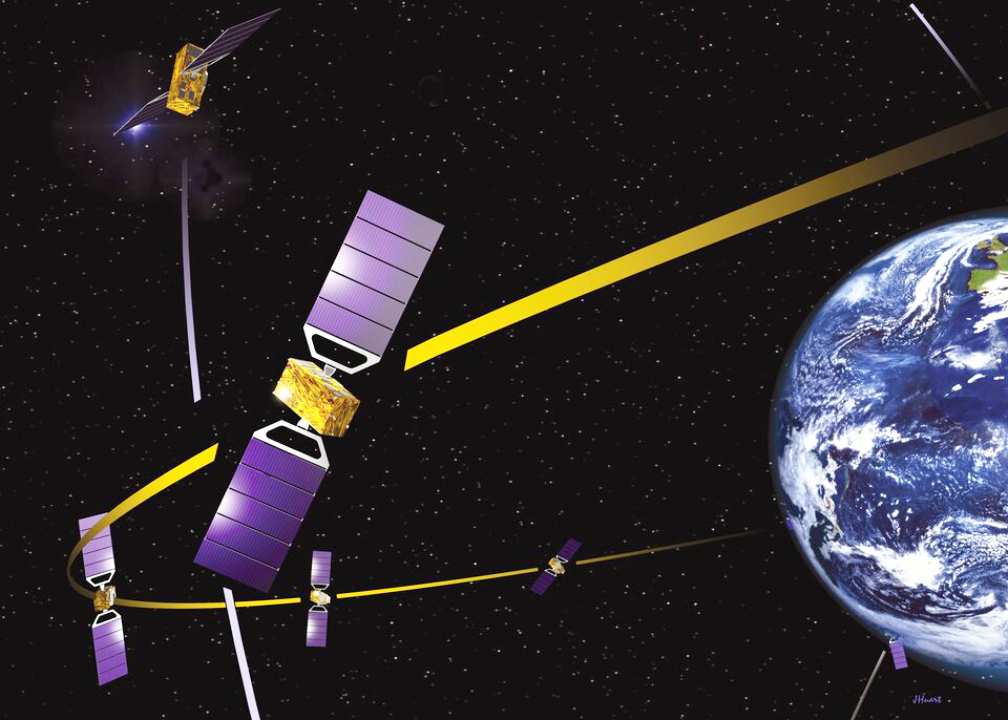
The European Commission has selected a consortium of European satellite manufacturers, operators and service providers, telco operators and launch service providers to study the design, development and launch of a European-owned, space-based, communication system.

The study will assess the feasibility of a new initiative aiming to strengthen European digital sovereignty and provide secure connectivity for citizens, commercial enterprises and public institutions as well as providing global coverage for rural and ‘not-spot’ areas. Complementing Copernicus and Galileo, this new EU flagship program, once given the green light, would fully exploit the synergies of the technological potential akin to the Digital and Space industries. The contract value of the year-long feasibility study amounts to 7.1 million euros.

The European space-based connectivity system, advocated by Commissioner Breton, is set to provide secure communication services to the EU and its Member States as well as broadband connectivity for European citizens, companies and mobility sectors, strengthening EU digital sovereignty. It will build upon the European Union’s GOVSATCOM program of pooling and sharing satellite services and will ensure a high level of reliability, resilience and security not currently available in the market; it will also leverage the EuroQCI initiative that promotes innovative quantum cryptography technology.
More specifically, the study phase awarded by the European Commission will consolidate the user and mission requirements and provide a preliminary architectural design and service provision concept, as well as associated budgetary estimates. A Public-Private Partnership (PPP) scheme will be considered and assessed during this phase.
The study will look at how the space-based system could enhance and connect to current and future critical infrastructures, including terrestrial networks, strengthening EU capability to access the cloud and providing digital services in an independent and secure way, which is essential for building confidence in the digital economy and ensuring European strategic autonomy and resilience.
It will leverage and strengthen the role of satellites in the 5G ecosystem, assessing interoperability whilst also taking into account the evolution towards upcoming 6G technologies.
This European sovereign infrastructure is set to benefit a large range of sectors, including road and maritime transport, air traffic and control, autonomous vehicle development as well as many Internet of Things (IoT) applications. It is intended to offer enhanced security in the transmission and storage of information and data supporting the needs of various users such as governmental agencies, finance & banking companies, science networks, critical infrastructures and data centres.
The consortium members are: Airbus, Arianespace, Eutelsat, Hispasat, OHB, Orange, SES, Telespazio and Thales Alenia Space.
